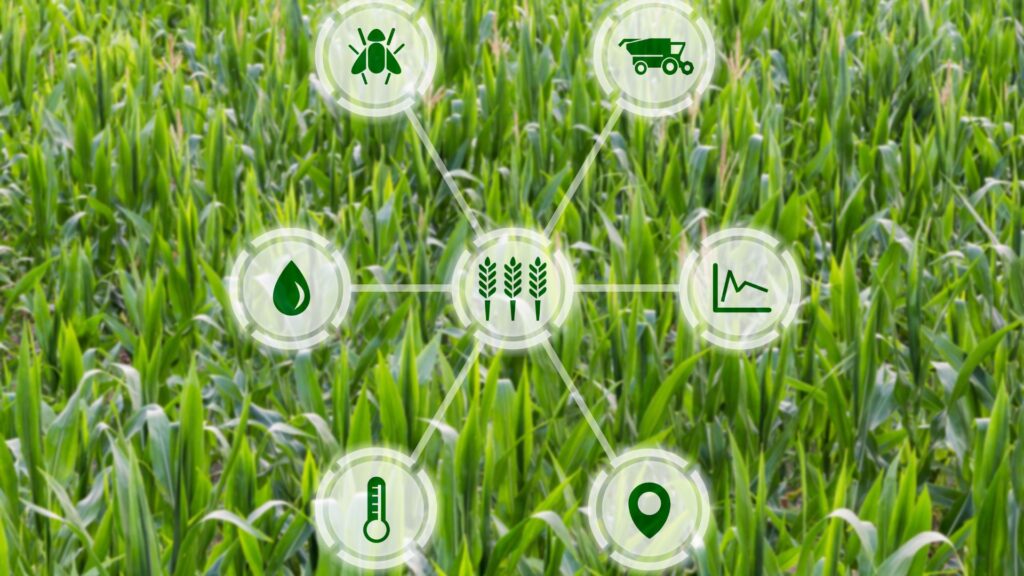Agriculture remains a vital sector in the Philippines, employing millions and contributing significantly to the national economy. However, traditional farming methods face challenges such as low productivity, climate change, and resource constraints. Agritech innovations are emerging as powerful tools to address these issues and modernize Philippine agriculture.
Precision Farming
Precision farming involves the use of advanced technologies to optimize agricultural practices. By utilizing GPS, drones, and IoT sensors, farmers can monitor and manage their fields with high precision. These technologies provide real-time data on soil health, moisture levels, and crop conditions, enabling farmers to make informed decisions and apply resources efficiently.
For example, drone technology is revolutionizing crop monitoring and pest control. Drones equipped with multispectral cameras can capture detailed images of fields, identifying areas affected by pests or diseases. This allows for targeted interventions, reducing the need for widespread pesticide use and minimizing environmental impact.
Smart Irrigation Systems
Water scarcity and inefficient irrigation practices are significant challenges for Philippine agriculture. Smart irrigation systems, powered by IoT and AI, are helping farmers manage water resources more effectively. These systems use sensors to monitor soil moisture and weather conditions, automatically adjusting irrigation schedules to ensure optimal water usage.
In regions like Central Luzon and Ilocos, smart irrigation has proven successful in increasing crop yields while conserving water. By preventing over-irrigation and reducing water wastage, these systems contribute to sustainable farming practices and resilience against climate change.
Vertical Farming and Hydroponics
Urbanization and limited arable land are driving the adoption of vertical farming and hydroponics in the Philippines. Vertical farming involves growing crops in stacked layers, often within controlled environments such as greenhouses. Hydroponics, a soil-less cultivation method, allows plants to grow in nutrient-rich water solutions.
These innovative farming techniques offer numerous benefits, including higher crop yields, reduced water usage, and the ability to grow food in urban areas. Startups like Urban Greens and Future Fresh are leading the way, establishing vertical farms in Metro Manila that produce fresh, pesticide-free vegetables year-round.
Blockchain for Supply Chain Transparency
Blockchain technology is being explored to enhance transparency and traceability in agricultural supply chains. By recording transactions on a decentralized ledger, blockchain ensures that every step of the supply chain is verifiable and tamper-proof.
This technology is particularly valuable for ensuring the authenticity and quality of agricultural products. For instance, coffee farmers in Mindanao are using blockchain to trace their beans from farm to cup, providing consumers with information about the origin and production practices of their coffee.
Financial Inclusion through Agritech
Access to finance is a major barrier for many smallholder farmers in the Philippines. Agritech solutions are addressing this issue by providing innovative financing models and digital payment platforms. Mobile




